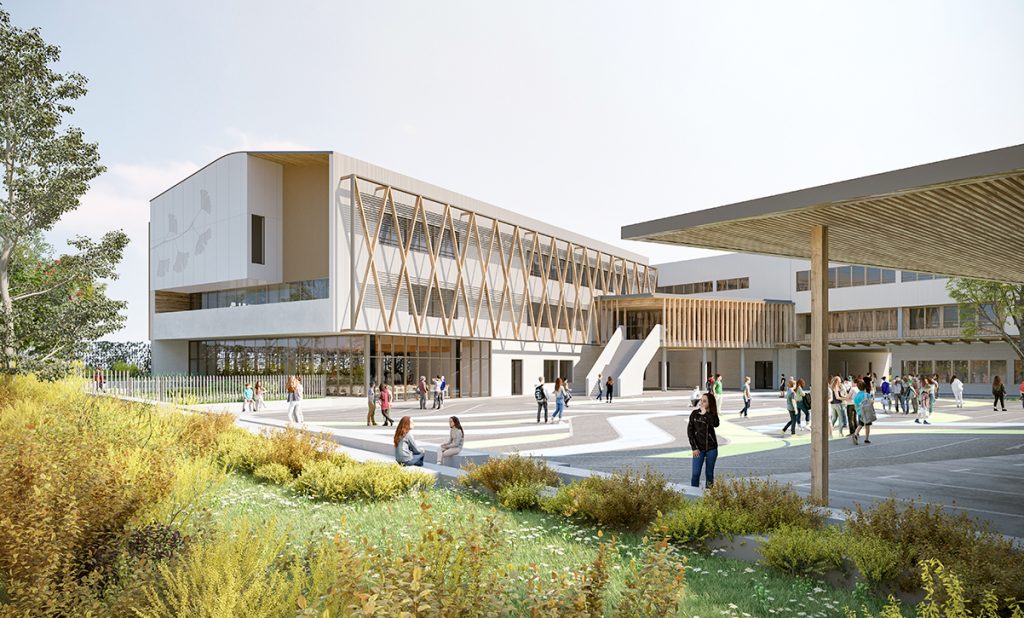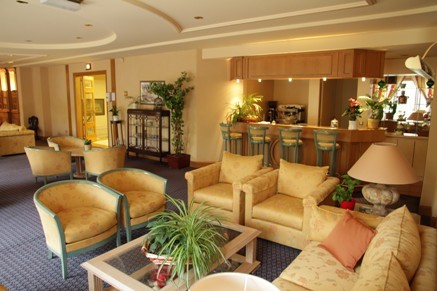

Taking part in conversations, feeding gossip and meddling in conflicts is thus vital to maintaining a good position in the game. As is the case in most Eastern European Roma groups, staying in the game of sociability requires one to make one’s voice heard, to play and witness and to produce and receive information. This affirmation is particularly true regarding Romani sociability: rather than being real disputes, the daily, interminable and stormy conversations that animate the Roma appear as “a long and tortuous way to demonstrate that no matter what happens, the Roma always reach agreement, and speak the truth together” (Olivera, 2007: 492, my translation). According to Miller and those from whom he has drawn his inspiration, communication is not only a means to achieving higher incomes or a better standard of living, but also a basic human concern that needs to be valued on its own terms. Miller (2006), building on the work of Douglas and Ney (1998), argues that the role of access to communications in measuring human welfare should be completely revised. In many situations, ICTs support transnational care-giving practices between migrants and their ageing parents (Baldassar, 2007) as well as long-distance parenthood (Parreñas, 2001 Madianou, 2012). Digital technologies, the Internet and telephones can serve social integration in countries of destination (Diminescu, 2002) and the political struggles of undocumented immigrants (Nedelcu, 2010) they can also be used for money transfers to countries of origin (Horst, 2006). 1 This paper has been written with support from the “MigRom program: The immigration of Romanian Roma (.)ġ Information and communication technologies (ICTs) have multiple uses and functions among migrant communities 1.

Por último, describe de manera detallada las comunicaciones telefónicas y sus contenidos, insistiendo sobre la importancia de los conflictos, tanto al nivel familiar como comunitario.

Tras describir el contexto de esta investigación y la metodología adoptada, el autor analiza los usos que los migrantes Roma hacen de sus teléfonos móviles y teléfonos fijos, mientras las llamadas internacionales se han convertido en un tema central para el «comercio étnico». A partir de un análisis sobre la cultura material y el consumo, esta investigación muestra cómo el uso contemporáneo de las herramientas de comunicación crea una co-presencia virtual dentro de los hogares transnacionales, y permite a los migrantes desarrollar un sentimiento de ubicuidad colectiva. Las prácticas discursivas que tienen un papel central en su sociabilidad cotidiana, se han transformado profundamente desde que los miembros de este grupo se dispersaron entre los diferentes países de Europa del oeste. Enfin, elle décrit en détail les communications téléphoniques variées et leurs différents propos, en insistant sur le rôle que jouent les conflits tant à l’échelle familiale que communautaire.Įste artículo es una exploración etnográfica de las diferentes funciones que juegan las llamadas telefónicas entre los migrantes roma rumanos establecidos en los barrios periféricos de París. Après avoir exposé le contexte de cette recherche et la méthodologie adoptée pour la réaliser, l’auteur analyse les usages que les migrants roms font de leurs téléphones portables et fixes, à mesure que les communications internationales sont devenues un enjeu central pour le « commerce ethnique ». En s’appuyant sur les analyses de la culture matérielle et de la consommation, cette recherche montre comment les usages contemporains des outils de communication produisent une coprésence virtuelle au sein des maisonnées transnationales et permettent aux migrants de développer un sentiment d’ubiquité collective. Les pratiques discursives, qui tiennent un rôle central dans leur sociabilité quotidienne, ont été profondément transformées depuis que les membres de ce groupe sont dispersés entre différents pays d’Europe de l’Ouest.

Cet article est une exploration ethnographique des divers rôles que jouent les communications téléphoniques chez les migrants roms roumains établis en banlieue parisienne.


 0 kommentar(er)
0 kommentar(er)
